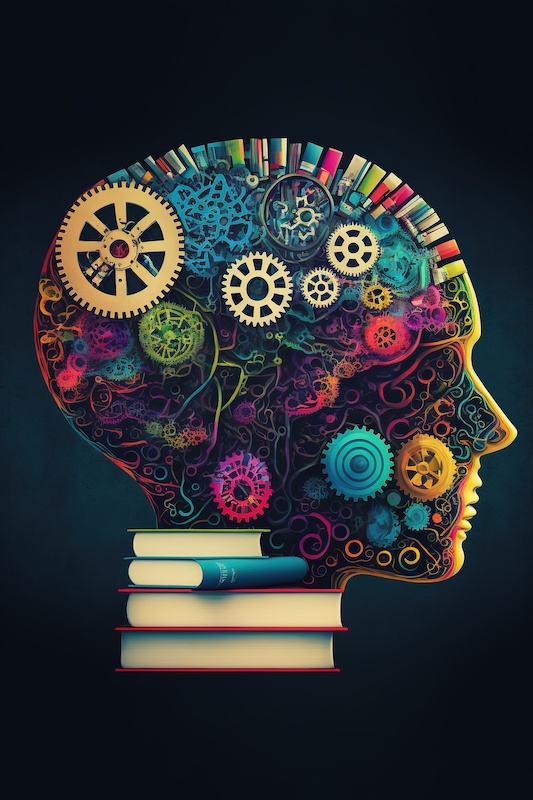March 14, 2023

Over the last decade storytelling in business has finally become mainstream. You might be aware that telling a story makes sense, but it is more than that. It is based on science.
The Science of Storytelling
Our brain has different parts, and each part has a specific job. The left side of our brain, for example, helps us think logically and organise our thoughts. Whereas the right side helps us experience emotions and recall personal memories.
We also have a ‘reptile brain’ that makes us act instinctively and a ‘mammal brain’ that helps us connect in relationships. And our brains have a neocortex. This is connected to a complex series of nerves and networks called the ‘limbic system’. It is responsible for the development of the bond we feel between ourselves and another (like the mother–child bond).
In his international best-selling book Emotional Intelligence, Daniel Goleman explains that our evolved neocortex is the reason our emotions are so powerful. He says,
As the root from which the newer brain grew, the emotional areas are intertwined via myriad connecting circuits to all parts of the neocortex. This gives the emotional centres immense power to influence the functioning of the rest of the brain.
Stories Spark an Emotional Response
When we tell stories all the different parts and areas of our brain are stimulated and start to work together. By combining words and logic and emotions and sensory images, we see the whole picture and communicate our experience. Essentially, with all this activity going on, our emotions go into overdrive.
This means that stories provoke our emotions. Good stories make us feel something as we listen to them — excitement, anger, sadness, empathy or enthusiasm. Consequently, feeling these emotions means we feel something towards the person telling the story, which helps create connection — the bond like the ones our neocortex helps develop.
We Love a Good Story
In the 2014 Harvard Business Review article Why your brain loves good storytelling, neuroeconomist Paul Zak revealed the powerful impact the love hormone oxytocin has on the brain when we tell stories.
Oxytocin is also referred to as the ‘trust hormone’. Our bodies release it when we are with people we love and trust. For example, when we hug, or even when we shake hands in a business meeting. And it’s released when we listen to stories. The oxytocin release signals to the brain that everything is okay and it is safe to approach others — essentially, that we won’t be attacked or eaten, as would have been the risk back in the day.
The Power of Storytelling
So not only does a good story make us feel different emotions and a connection to the storyteller but, at the same time, the love hormone oxytocin is also signalling that we can be trusted, which in turn helps build our credibility.
In a nutshell, the science of storytelling proves that a well told and authentic story builds trust and credibility with your audience. Who doesn’t want that!